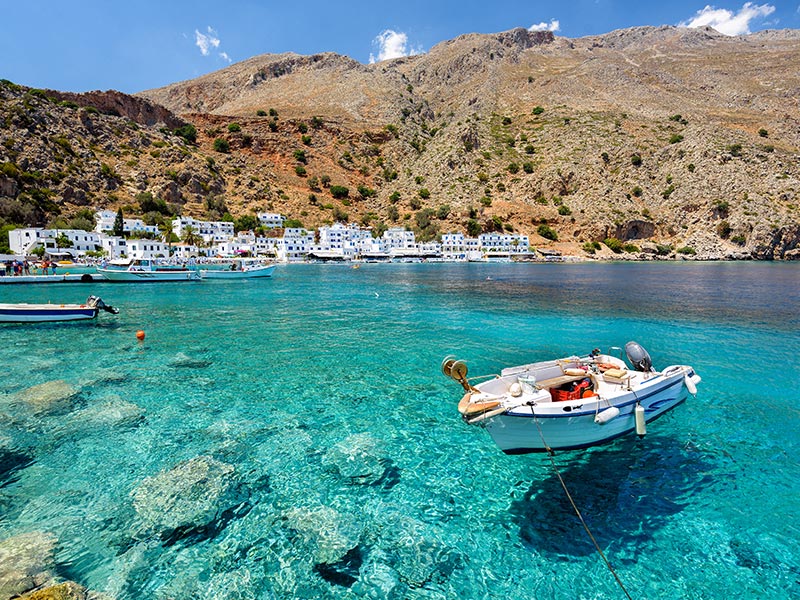The connection between ancient Crete and the legend of Atlantis has fascinated historians and scholars for centuries. The myth of Atlantis, first described by the philosopher Plato in his dialogues “Timaeus” and “Critias” around 360 BCE, tells the story of a powerful and advanced island civilization that sank into the ocean “in a single day and night of misfortune.” While the myth’s origins remain mysterious, many believe that Minoan Crete, one of the most advanced ancient civilizations, may have inspired aspects of the Atlantis story.
The Minoan civilization, which flourished on Crete from approximately 2700 to 1450 BCE, was known for its remarkable advancements in art, architecture, and trade. The Minoans built sophisticated cities, like Knossos, complete with large palaces, intricate plumbing systems, and vibrant frescoes. Their peaceful, seafaring culture dominated the Mediterranean for centuries, making them a likely candidate for inspiring Plato’s Atlantis.
A major factor linking Crete to Atlantis is the Thera eruption (modern-day Santorini) around 1600 BCE. This massive volcanic eruption devastated the nearby Minoan civilization, causing tsunamis and possibly contributing to the civilization’s decline. The sudden destruction of an advanced, island-based culture by a natural disaster fits Plato’s description of Atlantis’s catastrophic end.
While there’s no concrete evidence proving that Atlantis was real or that it was based on Crete, the parallels between the Minoan civilization’s sudden decline and Plato’s story are striking. Over time, the legend of Atlantis may have grown, combining elements of various ancient cultures and catastrophes into one enduring myth. Today, the Minoan-Atlantis connection remains a popular theory among those intrigued by ancient history and mythology.
Related Articles
The History of Morse Code—A Language of Dots and Dashes
Before telephones and the internet, long-distance communication relied on Morse code, a system of dots and dashes representing letters and numbers. Developed in 1837 by Samuel Morse and Alfred Vail,...
The Science of Echoes—How Sound Bounces Back
Have you ever shouted into a canyon and heard your own voice return? That’s an echo, caused by sound waves bouncing off a surface and returning to the listener. Sound travels in waves, and when...
The Science of Boomerangs—Why They Come Back
Boomerangs are one of the most fascinating throwing tools, famous for their ability to return to the thrower when thrown correctly. But how does this seemingly simple object defy expectations and...





